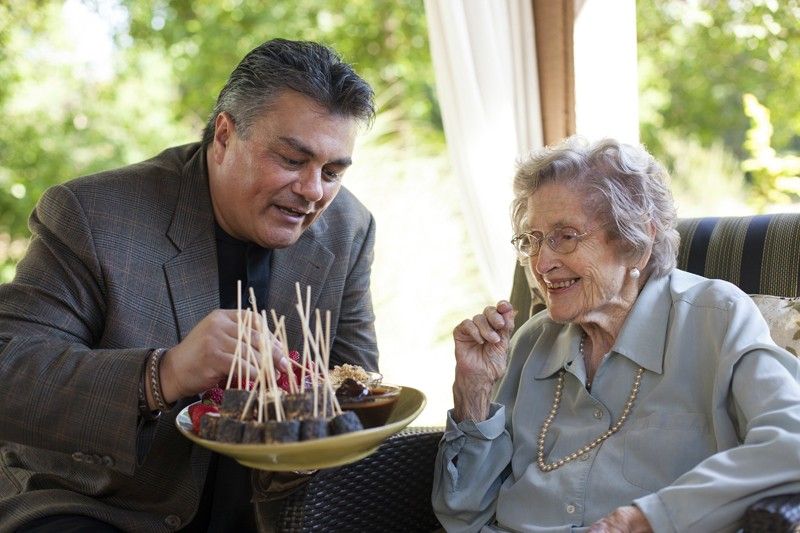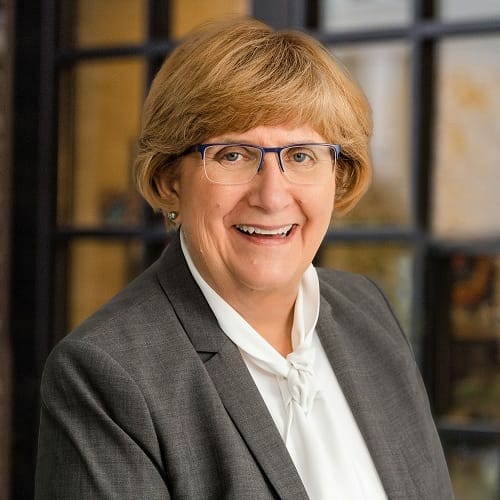
As your parent ages, they may begin to slow down not only physically, but also cognitively. They may process things much slower and their comprehension can diminish. Tasks that may have been easy are now a source of frustration and can be confusing to them. This can be particularly concerning when it comes to their health. As a family caregiver one of your most important challenges is to become an effective advocate regarding the medical care of your parent.
Here are 5 steps to help advocate for your senior parent:
- Designate one family member as a contact person. It is best if one person in your family is designated as the point person to communicate with doctors on your parent’s or loved one’s behalf. A single point person can help streamline information. This point person should be added to all medical privacy forms, so they can participate in their loved one’s ongoing care and keep informed of changes. They should also possess a legal medical power of attorney, so they can make medical decisions if your parent can no longer make such decisions in their own care.
- Attend appointments. Create a list of all the names and contact information for every doctor that you parent meets with, including vision and dental. Keep this information in your loved one’s home, as well as copies for yourself and family members. It is important to attend medical appointments with your loved one. They may be overwhelmed or unable to comprehend the medical advice and recommendations for their health care. Get to know their doctors, staff, caregivers and social workers. It is important to form relationships with these professionals so the right information is shared and effective care is delivered promptly. Many aging parents are being seen by multiple doctors, so it good to be aware of the treatment given by each and communicate this important information, current laboratory results, x-ray copies, and medications.
- Ask specific questions. Before attending an appointment or communicating with a physician, make a list of questions. It is helpful if these are direct questions about key concerns and not just about their general overall health. You don’t want to miss an opportunity to get your questions answered. Has your parent lost their sense of smell? Have they fallen recently? Have they recently lost a lot of weight? Do they have trouble hearing? Take a few minutes to think about your concerns, discuss the appointment with your parent and what concerns they may have, and prepare for their medical appointments ahead, so you can make the best use of this time with their doctor.
- Obtain a Medical Health Care Directive. This important document contains the instruction on medical treatment and care if your loved one cannot communicate their preferences. Each state regulates medical health directives differently, so you will need to consult with your loved one’s doctor, nurse, social worker or family attorney to understand what is required.
- Keep an updated list of medications. Keep track of all the medications that your loved one is prescribed, in addition to a comprehensive list of over-the-counter medications, vitamins and supplements. A spreadsheet may be helpful to include the name of each medicine, daily doses, and times taken during the day. You should keep a copy of this and update frequently. Also your loved one should keep a copy in their wallet and with their medications.
Staying on top of your loved ones medical appointments, doctors’ names and contact information, medication list, and health concerns can be overwhelming. Try to find the best ways to involve your parent, get assistance from other family members, and keep organized. This may be the most important task for the health and well-being of your loved one.
Contact the Aegis Living community near you and ask for a Preparedness Kit. This will help get you started on the important documents and preparation needed for your parent’s future.
